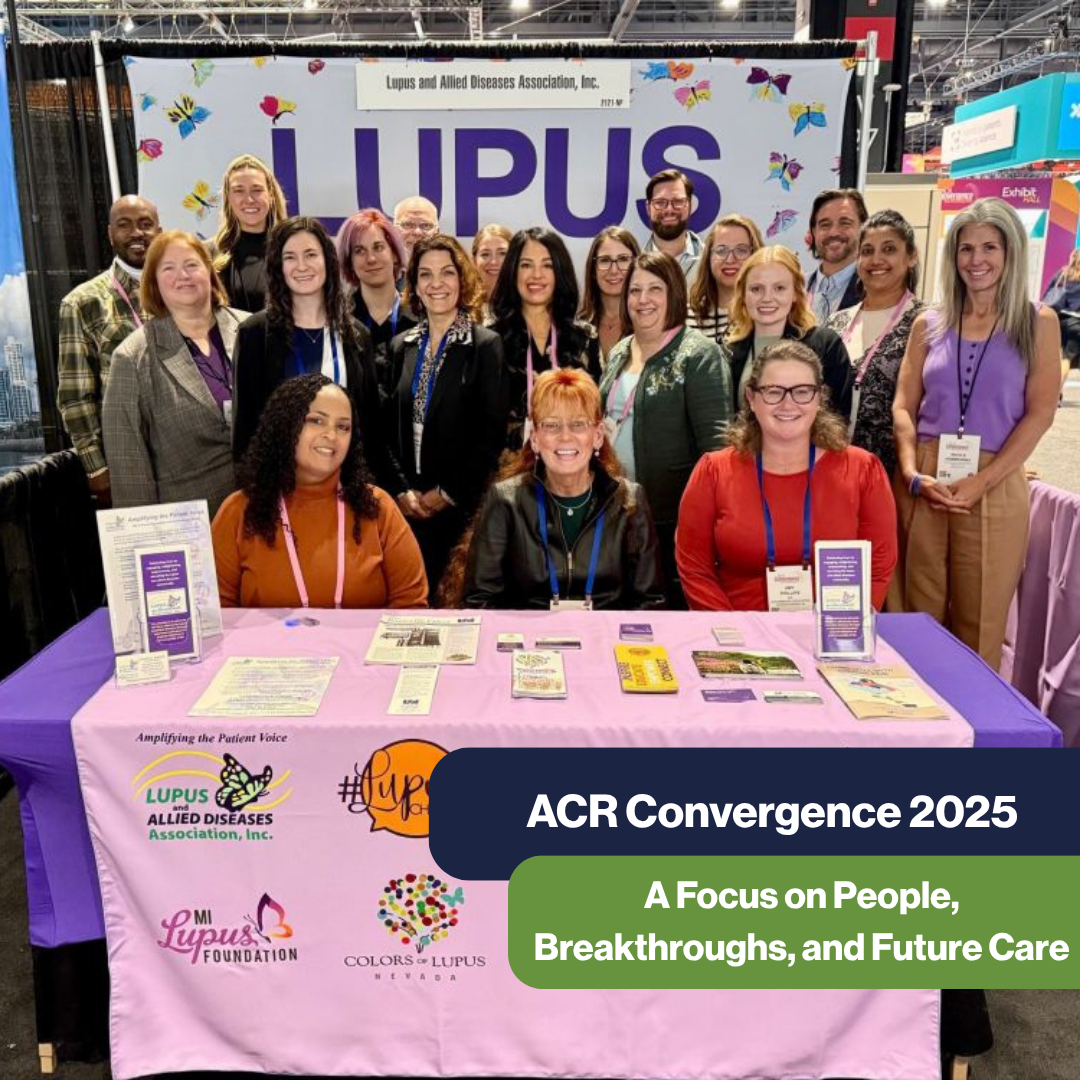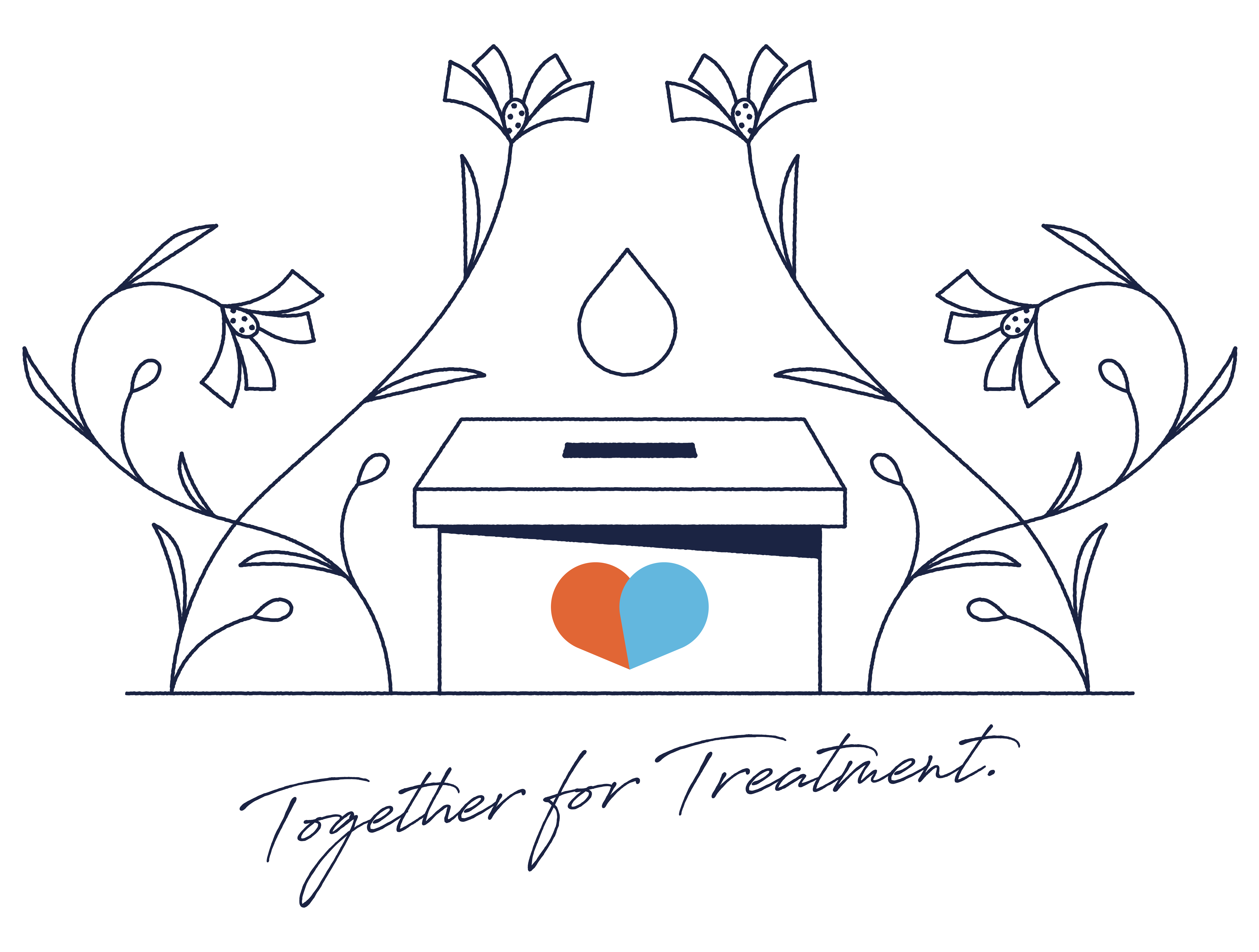The American College of Rheumatology (ACR) Convergence 2025 conference in Chicago (October 24–29, 2025) delivered major news on rheumatic disease treatments, putting a special spotlight on how patients can take the lead in their care.
Patient Voices and Storytelling Take Center Stage
A powerful moment at the conference was the presentation by Infusion Access Foundation Champion Lindsay Guentzel, titled “When You Become the Story: A Journalist’s Approach to Managing Complex Care.”
Lindsay shared how she used her skills as a journalist—like organizing records and asking tough questions—to manage her complex diagnoses (dermatomyositis and Sjögren’s). Her message demonstrated that when medical providers empower patients to be organized and engaged, it leads to stronger partnerships and better outcomes.
This focus on patient experience was echoed by our friends in the YPArea (Young Professionals Area). Their abstract, “Fostering connections in Pediatric Rheumatology: A Narrative medicine intervention,” highlighted how Narrative Medicine workshops helped children, caregivers, and health professionals connect better and improve well-being. These findings prove that sharing and reflecting on illness stories is a valuable part of care.
Major Treatment Advances
The conference provided significant updates on therapies across many conditions:
- Lupus (SLE): Key takeaways included the new ACR Guidelines for treatment, exciting results for CAR T-cell therapy in severe autoimmune diseases, and positive data for agents like Obinutuzumab for lupus nephritis.
- Novel Agents: Late-breaking trial data showed promise for new treatments in several diseases, including Sjögren’s disease (ianalumab and telitacicept), Psoriatic Arthritis (deucravacitinib and izokibep), and Rheumatoid Arthritis (rosnilimab).
- Other Updates: Data supported the long-term use of Upadacitinib for Giant Cell Arteritis and the potential for Tofacitinib to help reduce steroid use in IgG4-Related Disease.
The Future of Rheumatology
The meeting also covered essential topics shaping the field:
- Basic Science: Sessions explored cutting-edge science on disease mechanisms, including the role of IL-18 in conditions like Macrophage Activation Syndrome (MAS).
- Healthcare Delivery: Critical discussions addressed the ongoing rheumatology workforce shortage, the need for guidance on integrating Artificial Intelligence into practice, and the importance of addressing topics like sexual health in patient-centered care.








